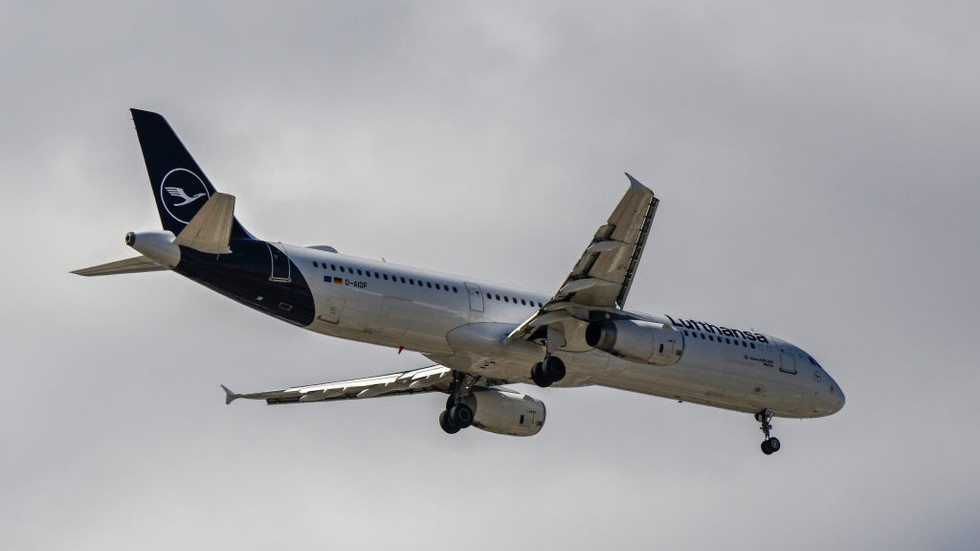In May 2022, an incident occurred on a Lufthansa flight involving the barring of over 120 Orthodox Jewish men from boarding their connecting flight in Germany. This situation has drawn significant attention and scrutiny, culminating in a $4 million penalty imposed by the US Department of Transportation (DOT) on the German national airline. The investigation began following over 40 discrimination complaints filed by Jewish passengers who were scheduled to fly from John F. Kennedy Airport in New York to Budapest, Hungary, with a stop in Frankfurt. The complaints emphasized that the airline’s decision to deny boarding to the group was predicated on alleged misbehavior by a subset of the passengers, primarily concerning face mask compliance.
The DOT’s investigation revealed that Lufthansa’s staff treated the entire group as a single entity based on the actions of a few individuals. Many passengers were not familiar with one another, nor were they traveling together, but their shared appearance—characteristic of Orthodox Jewish clothing—led to their collective exclusion. Reports from local German media highlighted that the airline’s staff specifically targeted those identifiable as Jewish, referring to visible markers such as skull caps and sidelocks. Eyewitness accounts, including video footage, indicate that airline personnel conveyed the idea that “everyone has to pay” for the actions of a few. This approach not only violated the individual rights of the passengers but also raised concerns regarding systemic discrimination within the airline.
The repercussions of the incident have been significant, prompting DOT to issue the largest discrimination fine in its history against an airline. Secretary of Transportation Pete Buttigieg remarked on the importance of ensuring civil rights are upheld in the airline industry and underscored the agency’s commitment to investigating such violations. The incident serves as a vital reminder of the broader implications of discrimination in travel settings, highlighting the need for airlines to establish rigorous protocols that safeguard against unjust group penalties based on the actions of individual passengers.
Lufthansa responded to the fallout by stating that they had fully cooperated with the DOT throughout the investigation. The airline expressed regret for the situation and maintained a stance of “zero tolerance for racism, antisemitism, and discrimination of any type.” In the wake of the incident, Lufthansa managed to reach a settlement with most of the affected passengers, implying an attempt to reconcile and rectify the harm caused. Nevertheless, the repercussions of the event extend beyond just the financial penalty; they underscore a critical examination of how airlines handle issues of discrimination, particularly as they relate to racial or religious identities.
The incident highlights the intersection of policy, social justice, and travel regulations in contemporary society. It raises broader questions about how airlines navigate the fine line between enforcing rules (such as mask mandates) and ensuring that the rights of all passengers, especially minority groups, are protected. Moreover, it illustrates the responsibility that carriers have in training their staff to manage such situations with sensitivity rather than bias. The implications of this case call for increased scrutiny of airline practices and a reevaluation of protocols related to diversity and inclusivity training for personnel.
In summary, the barring of Orthodox Jewish passengers from a Lufthansa flight serves as a case study in discrimination within the airline industry. With a substantial penalty imposed by the DOT, the incident sheds light on the urgent need for airlines to adhere to civil rights standards and avoid collective punishment of passengers based on the behaviors of individuals. As discussions around equality and representation continue to evolve, the airline industry is urged to adopt measures that protect against discrimination while fostering an environment of safety and respect for all travelers.

